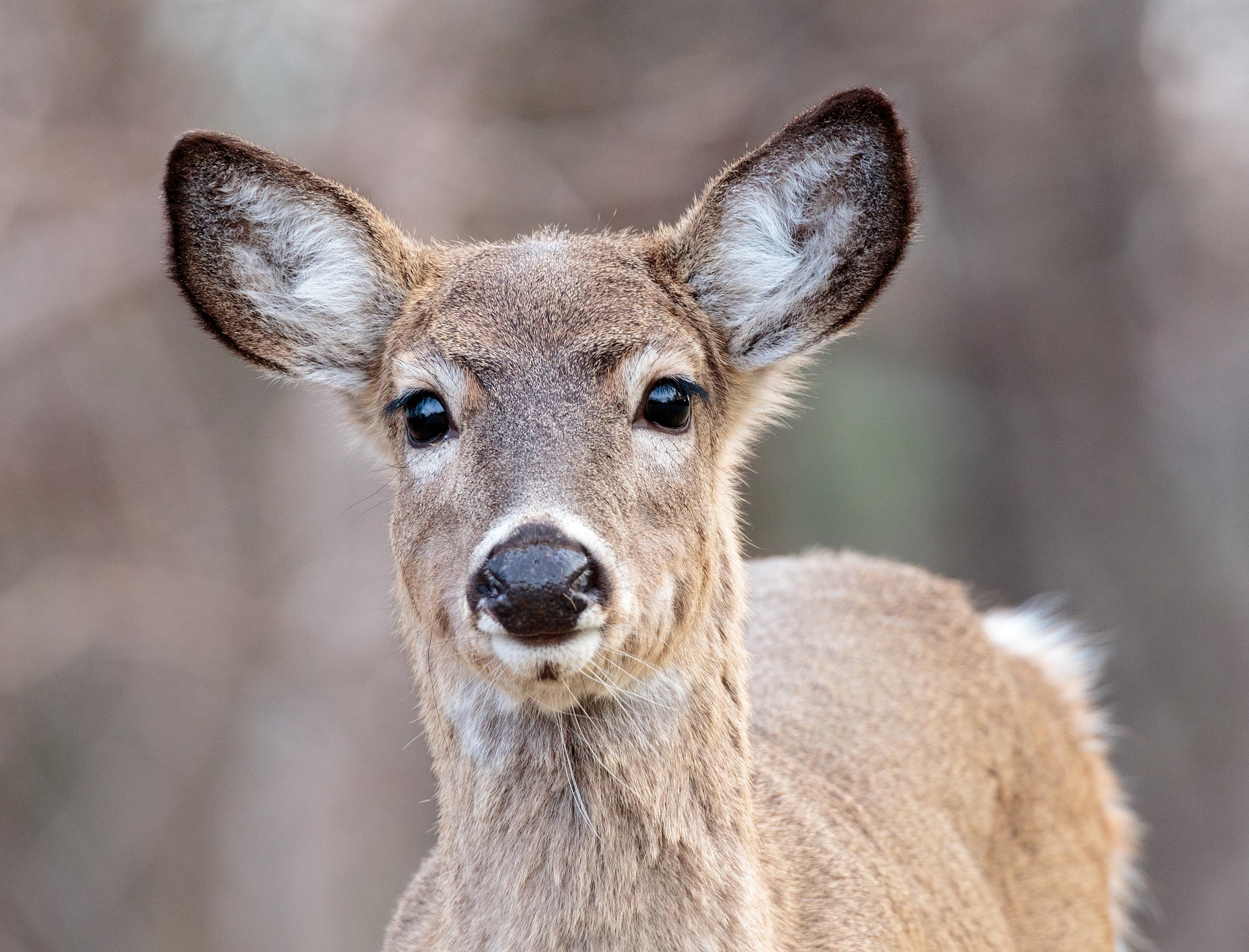The B.C. government will harvest 25 deer near the spots where two cases of chronic wasting disease were found in late January.
Provincial officials said this will be limited to areas where the positive cases were found.
“The harvest, which will be restricted to within 10 kilometres of the positive cases, is another step to collect samples and help provincial wildlife experts determine if there are more chronic wasting disease (CWD) cases in the area,” said the B.C. government.
The harvest is meant to determine if chronic wasting disease is spreading among deer populations.
Officials said the province is working with the Yaq̓it ʔa·knuqⱡiʾit (Tobacco Plains Band) to the deer by the end of March.
“A general wildlife permit will be issued to Yaq̓it ʔa·knuqⱡiʾit to collect up to 20 mule deer (primarily males) and five white-tailed deer (males only) by March 31, 2024,” said the provincial government. “Following testing, all deer carcasses that test negative for CWD will be used by the community members or donated to food banks.”
Officials note that there is no evidence that humans can catch CWD, but health experts still recommend against eating any part of an infected animal.
Chronic wasting disease is an infectious and fatal illness that affects the cervid family, such as deer, elk, moose and caribou, and was first spotted in B.C. in the south country area.
This comes after some other action taken in response to CWD being found in B.C.
“In recent weeks, the Province implemented mandatory CWD testing, as well as restrictions on the transport and disposal of any road-killed cervids (deer, moose, elk, caribou) in the area where cases of chronic wasting disease were first found,” said B.C. officials.
You are encouraged to call the RAPP line at 1 877 952-7277 if you see animals with symptoms such as weight loss, drooling, poor coordination, stumbling, or generally sick with no obvious reason.




